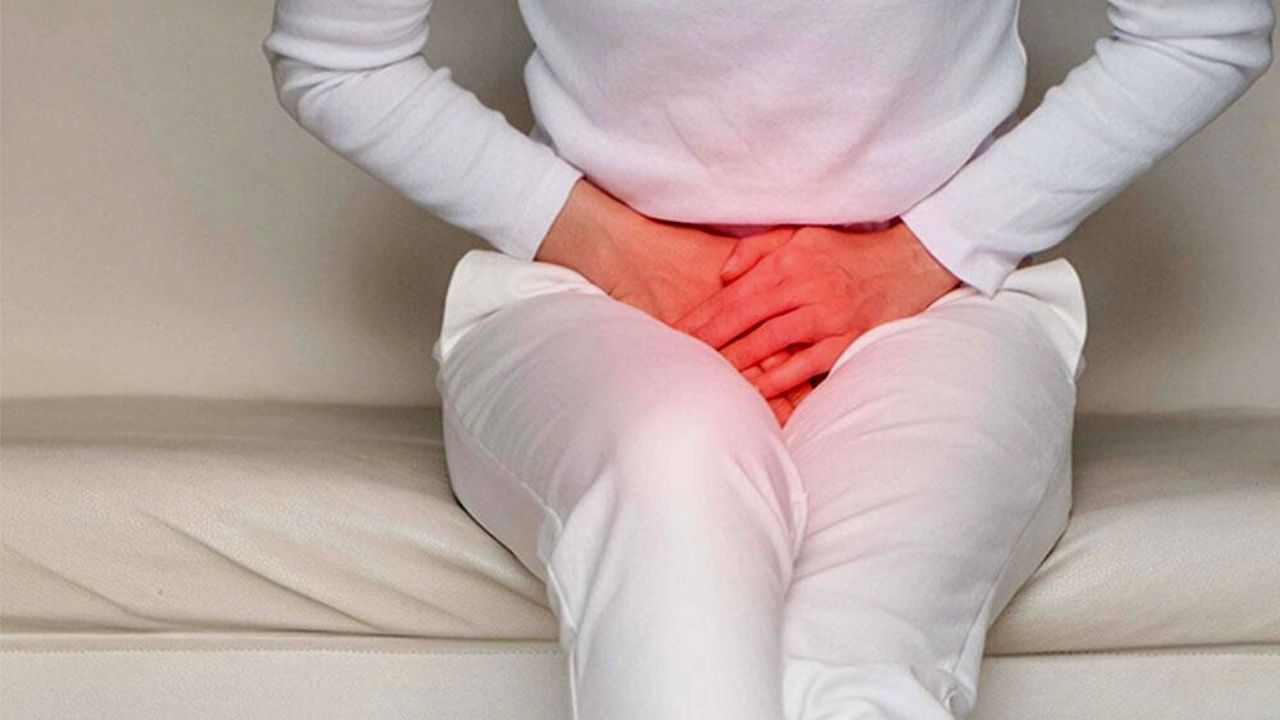Urinary problems- Pain when urinating is a sign of genitourinary diseases. They appear in both sexes, but in women it happens more often. This is a consequence of the shorter urethra. With an infrequent recurrence of pain, we usually do not seek to immediately consult a doctor, trying to endure or somehow smooth out the itching and burning with pharmacological agents.
Fortunately, the modern market provides them in abundance. But they only help for a while. A comprehensive, and, most importantly, correct, treatment is necessary. Otherwise, the pain will return, and the disease will be neglected. Often it is sharp and lasts a certain time after urination.
Symptoms vary depending on the specific ailment. It can be determined by the professional diagnostics of a specialist.
Why it hurts when urinating
A number of diseases lead to similar symptoms. Here is a list of possible causes.
Urolithiasis disease
It results in blood in the urine, painful urination. Stones form in the bladder, pelvis, and calyces and can descend into the urethra and ureter, affecting the mucous membrane.
Genital herpes
A viral disease that affects the mucous membranes of the organs. It is characterized by tingling or burning, redness of the skin. Subsequently, bubbles and ulcers form. The bubbles burst very painfully.
Pyelonephritis
Symptoms are uncomfortable, poor urination, soreness in the lumbar spine, cloudy urine, and fever.
Trichomoniasis
In women it is defined as vaginitis, in men – as prostatitis and urethritis. An infectious disease that affects the urethra.
Prostatitis
The patient feels aching pains, also felt in the scrotum and perineum. They get stronger when you urinate.
Chlamydia
A sexually transmitted infection that affects the urinary tract.
Gonorrhoea
It is more pronounced in men. Women do not feel to the same extent, so the disease can go into a chronic phase. Signs: pain and burning when urinating, the appearance of pus from the urethra.
Cystitis
When urinating, there is a strong burning sensation, pain is experienced. The urine becomes cloudy and may contain blood. Strong odor is heard. The disease is accompanied by a deterioration in well-being and incessant back pain.
Urinary problems in women and men can be due to common irritation of the urethra. This is provoked by external factors: taking whirlpool baths, contact with aromatic and detergents (a high level of pH is dangerous), washing powder.
Difficulty urinating in men and women also appears as a result of the following pathologies:
- tuberculosis of the genitourinary organs;
- trauma, congenital abnormalities of the ureter, inflammation or tumors;
- kidney diseases of a different nature;
- diseases of the urethra, bladder;
- cancer or hyperplasia of the prostate gland in the stronger sex.
In the latter case, the symptomatology manifests itself as frequent and difficult urination in men.
Frequent urination at night can be a consequence of a number of common diseases. Pathologies can be common to both sexes or manifest separately in men and women. To normalize processes and restore functions, it is necessary to find the causes of diseases of the urinary system and eliminate them. The complete list of diseases is extensive, and only a doctor can determine the real source of problems after examining the patient.
Diagnostics
If there is a delay or incontinence of urine in men and women, pain and discomfort when urinating, unpleasant itching in the prostate, etc., see your doctor right away. This can be a therapist, venereologist or urologist. The specialist collects anamnesis, examines by palpation, and prescribes a general urine test. It is very important to accurately indicate the localization of painful sensations. This will help to make the most accurate diagnosis.
Can also be assigned:
- cytoscopy
- smear for the presence of infections, PCR
- culture of urine for sterility
- X-ray of the lumbar spine.
After that, conclusions are drawn. Depending on the diseased organ and the degree of damage, treatment is prescribed – conservative or surgical. If necessary, the patient is referred to an oncologist.
What to do if it hurts to urinate
At the first manifestations of dysuria, it is necessary to consult a specialist. Sign up for a consultation at our clinic and you will receive a full report on your health condition. Here you can undergo a complete examination in a comfortable environment. The results obtained will allow you to pinpoint the source of the problems and to address them.
What if you have urinary incontinence? Also, first of all, you should make an appointment with a doctor. Objective diagnostics are indispensable. It is necessary to determine the type and characteristics of the disease, and then proceed with treatment. It can take different forms:
- non-surgical non-drug – physiotherapy, exercise, bladder training;
- medication;
- surgical intervention.
The necessary method of treatment is determined by the doctor depending on the characteristics and degree of the disease.
